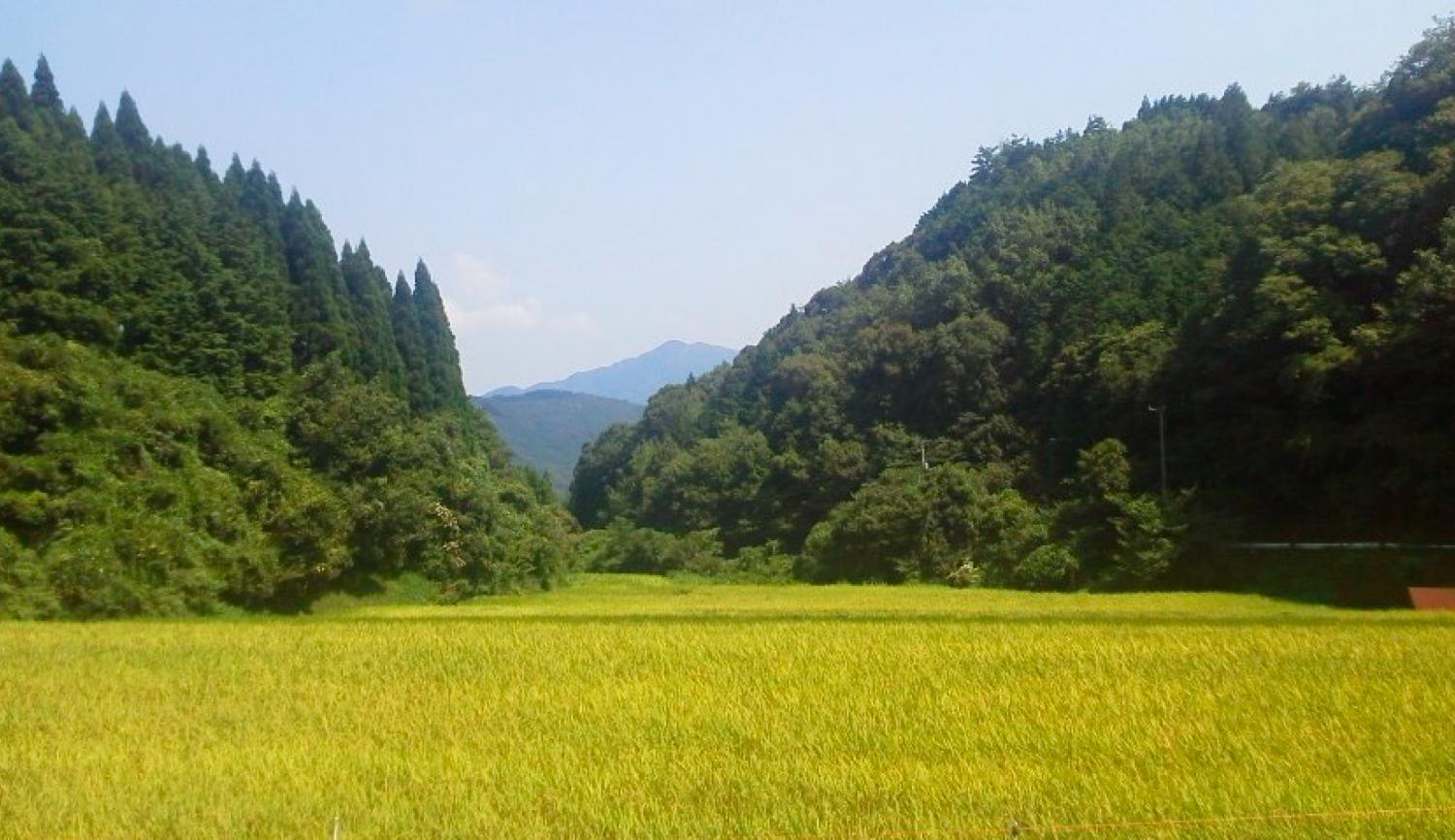
Fisical Year Completed
2024
[FS]Designing payments for ecosystem services to innovate farmland use
[FS]Designing payments for ecosystem services to innovate farmland use
Abstract
While unsustainable use of agricultural land is considered a factor in global environmental issues, depending on interventions such as agricultural production activities, it is also possible to contribute to problem-solving through the provision of various ecosystem services (benefits that humans receive from ecosystems). In this study, we focus on “Payments for Ecosystem Services” (payments for land use, etc., that provide ecosystem services) involving the participation of various stakeholders as a mechanism to promote innovative agricultural land use that leads to problem-solving. To facilitate its dissemination, we propose designing and implementing social experiments.
Why do this research?
We receive various ecosystem services from agricultural land (agroecosystems), such as food provision (provisioning services), atmospheric and water regulation (regulating services), recreation (cultural services), and more.
On the other hand, unsustainable land use in agriculture is considered one of the most significant factors contributing to global environmental issues. Moreover, amidst concerns about food shortages, prioritizing only food provision services may lead to a decline in other ecosystem services and exacerbate environmental problems.
However, depending on transformations such as the adoption of sustainable farming practices, improvements in soil quality, carbon sequestration, water quality regulation, and other ecosystem services enhancements are also possible.
Among various types of land use, agricultural land use is a significant area where changes in stakeholders’ actions (such as agricultural production activities) can greatly impact the overall provision of ecosystem services (solving environmental problems).
Viewing agricultural land use from the perspective of sustainably generating diverse ecosystem services, unlike provisioning services which have long been traded in markets, regulating services such as those less familiar in market transactions are prone to being under-supplied. Since the method of land use is primarily determined by the rights holders, such as farmers, it is crucial to design and widely implement institutional frameworks that generate economic incentives for the comprehensive and sustainable provision of ecosystem services by farmers.
In this study, the objective is to propose a social experiment involving the participation of various stakeholders to promote innovative agricultural land use that contributes to solving environmental problems, with the dissemination of “Payments for Ecosystem Services” (payments for ecosystem services or land use/management that provides ecosystem services) as a mechanism.
 Photo 1 Farm work in rice field (Ikeda Town, Fukui Pref.)
Photo 1 Farm work in rice field (Ikeda Town, Fukui Pref.)
Results
What we want to do
In this study, we will consider synergies and trade-offs among various ecosystem services, and examine from the perspectives of impact on local communities, businesses, and policies, as well as feasibility, to compile proposals for social experiments as interdisciplinary research, aiming to widely implement effective payments for ecosystem services.
To design and promote effective payments for ecosystem services, important points include defining the ecosystem services as payment targets, the actions of farmers and other stakeholders, the scope of providers and payers of ecosystem services, methods of payment, dialogue and consensus-building among stakeholders, and monitoring and evaluation methods.
On the other hand, agricultural land (agroecosystems) is a typical complex system, making it difficult to plan institutional frameworks by understanding all events in advance. Therefore, to promote the dissemination of payments for ecosystem services that lead to effective environmental problem-solving through agricultural land use innovation, it is necessary to plan social experiments and reflect their verification results in practice.
For this purpose, workshops will be held involving researchers from various fields related to payments for ecosystem services, local governments, and private companies to discuss and propose social experiment plans for payments for ecosystem services. Additionally, through this deliberation process, we aim to build a collaborative framework among various stakeholders to participate in future interdisciplinary research.
News
-
{{ data.disp_date }}
{{ data.content }}
Project Leader
KAMII Hiroyuki
Research schedule
| 2024 |
|---|
| FS |